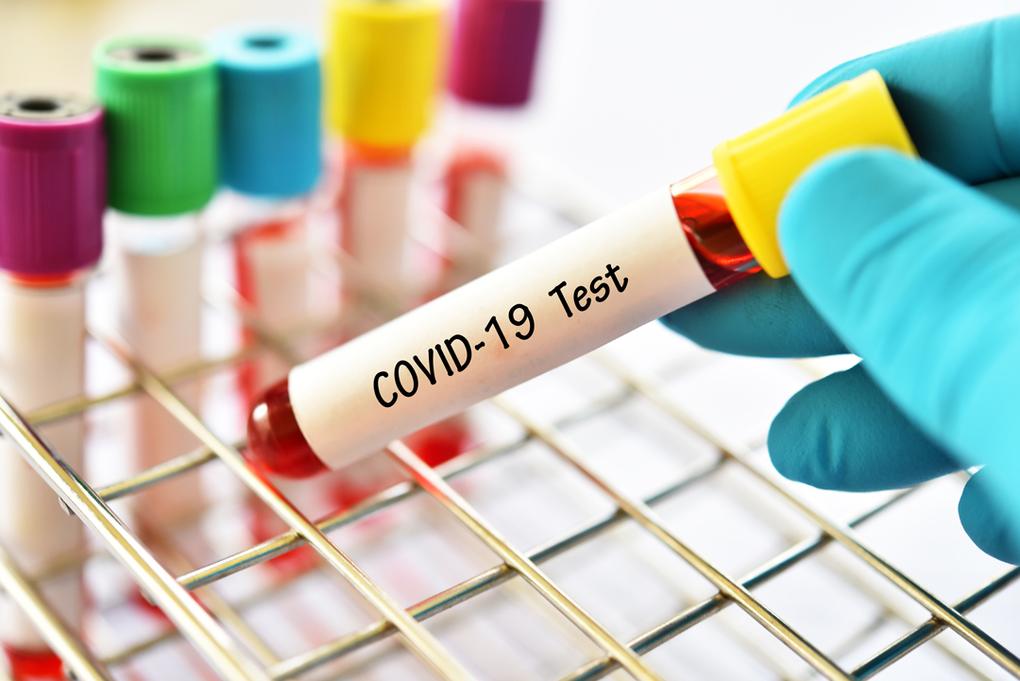Can Hydroxychloroquine Really Work Against COVID-19?

Can hydroxychloroquine really work against COVID-19? First of all, hydroxychloroquine is a prescription medicine used for the treatment of malaria. It is also used to treat autoimmune diseases like rheumatoid arthritis and lupus and, in light of the coronavirus pandemic, it was also considered as a possible treatment for COVID-19, the disease caused by the new coronavirus.
Hydroxychloroquine and a related drug, chloroquine, have been included in an international clinical trial called the Solidarity Trial, started by WHO and more than 60 countries, to help develop a vaccine for COVID-19.
Why was hydroxychloroquine considered a potential treatment?
One laboratory study found that chloroquine could inhibit the replication of SARS-CoV-2 in cell culture. Health experts from China and France reported that hydroxychloroquine in combination with the antibiotic azithromycin might help patients with mild cases of Covid-19. However, both teams of researchers admitted that more studies are required.
Another reason hydroxychloroquine has been considered for the treatment of COVID-19 is that it can slow down and keep a hyperactive immune system in check. It has been found that the immune system of patients with severe forms of COVID-19 is over-energized and overburdened, causing inflammation and damaging the lungs as well as other organs. Therefore, these drugs seemed to help patients.
What happened to hydroxychloroquine trials?
In late March, the US Food and Drugs Administration (FDA) approved the “emergency use” of hydroxychloroquine and the related chloroquine for the treatment of a small number of hospitalized patients infected with the new coronavirus.
However, at the end of April, after various trials warned that the mortality rate is higher for COVID-19 patients treated with these drugs, FDA warned against the use of hydroxychloroquine and chloroquine to prevent or treat the virus while WHO suspended the trails until further evidence is collected.
“Risks associated with these drugs include serious heart rhythm problems; low blood sugar, particularly among people with diabetes; anemia and other blood problems; worsening of seizures and other neurology (brain) problems; and retina (layer of eye tissue) damage that can cause vision problems,” according to the FDA.
People have also been warned against self-medicating with them, especially after President Donald Trump said that he was also taking hydroxychloroquine as a preventative measure against Covid-19.
Conclusion
For the moment, the clinical tests with hydroxychloroquine have been temporarily halted due to safety and efficacy concerns.
According to the FDA, “given the uncertainty regarding the potential benefits and risks for COVID-19, it is critical to first have evidence from clinical trials. Researchers are currently studying the use of these drugs to prevent infection and decrease COVID 19 severity, primarily among people who are at greater risk of becoming infected with COVID-19”.
Find out more on Coronavirus and related issues here:
- 5 Effective Ways to Avoid Coronavirus Outside Your Home
- Coronavirus in The United States – Latest Updates
- 7 Most Common Respiratory Diseases – Symptoms and Treatment
- Allergies or Coronavirus – How Can You Tell?
- How Does the Coronavirus Spread? Check the BEST 6 Protection Measures


